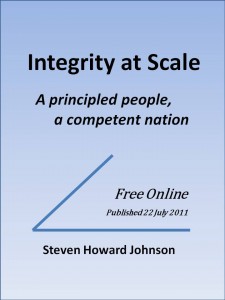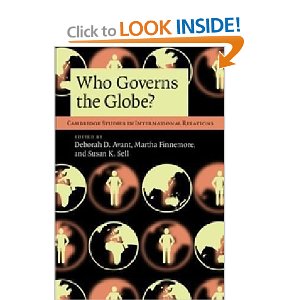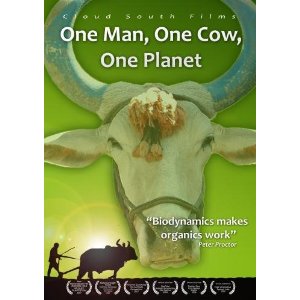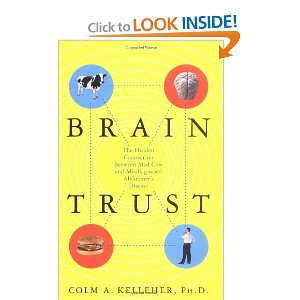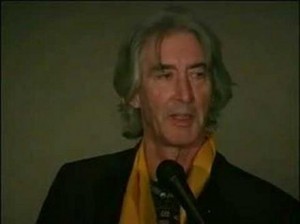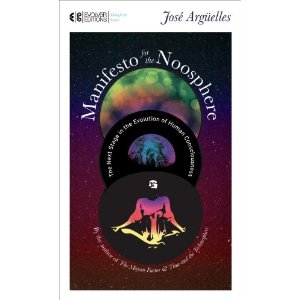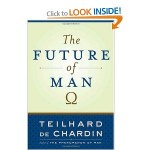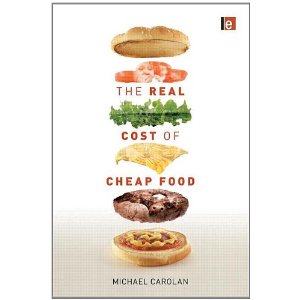
Amazon Review
‘This is an engaging, brilliantly argued and very well-written text. It is among the best books about agri-food issues I've read in recent years. Its structure is logical, its arguments are coherent and practical, and it draws on a huge, diverse and up-to-date literature.' Geoffrey Lawrence, Professor of Sociology, University of Queensland, Australia
Michael Carolan’s book is an arresting account of the invisibilized costs of our food system. His comprehensive detailing of the political, cultural, ecological and health impacts of industrial food clearly reveals the artificial economy of pricing, demonstrating the multiple relations of food beyond its appearance as simply a commodity.
Philip McMichael, Cornell University, US
The Real Cost of Cheap Food is a must read for anyone truly interested in understanding our impaired food system and what we need to do to redesign it. As Carolan points out so brilliantly, the problem with cheap food isn't just about the “externalities” we ignore, but it lies at the heart of how our food system is designed and requires that we take a fresh, comprehensive look at the problems inherent in our globalized food system. Those problems include the poverty and the potential civic unrest and conflicts it foreshadows, its implications for human and environmental health, and what it all portends for community well-being and the need for cultural transformation. This is one of the most comprehensive treatments of this important issue available today and can serve as a guide for everyone interested in redesigning our food system for the decades ahead. Frederick Kirschenmann, Iowa State University, US
Product Description
This challenging but accessible book critically examines the dominant food regime on its own terms, by seriously asking whether we can afford cheap food and exploring what exactly cheap food affords us. Detailing the numerous ways that food has become reduced to a state, such as a price per ounce, combination of nutrients, yield per acre, or calories, the book argues for a more contextual understanding of food when debating its affordability.
The author makes a compelling case for why today's global food system produces just the opposite of what it promises. The food produced under this regime is in fact exceedingly expensive. Thus meat production and consumption are inefficient uses of resources and contribute to climate change; the use of pesticides in industrial-scale agriculture may produce cheap food, but there are hidden costs to environmental protection, human health and biodiversity conservation. Many of these costs will be paid for by future generations – cheap food today may mean expensive food tomorrow. By systematically assessing these costs the book delves into issues related, but not limited, to international development, national security, health care, industrial meat production, organic farming, corporate responsibility, government subsidies, food aid and global commodity markets. The book concludes by suggesting ways forward, going beyond the usual solutions such as farmers markets, community supported agriculture, and community gardens. Exploding the myth of cheap food requires we have at our disposal a host of practices and policies. Some of those proposed and explored include microloans, subsidies for consumers, vertical agriculture, and the democratization of subsidies for producers.

